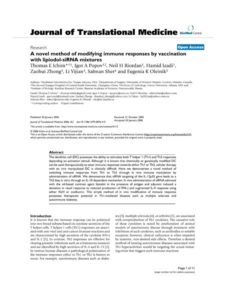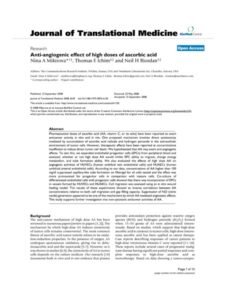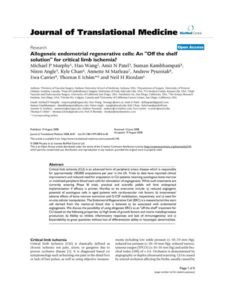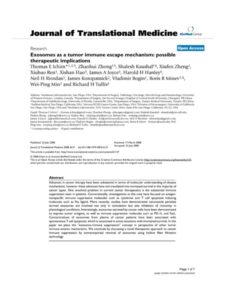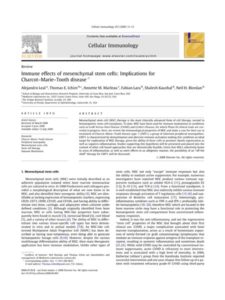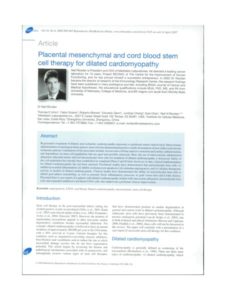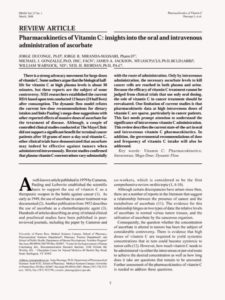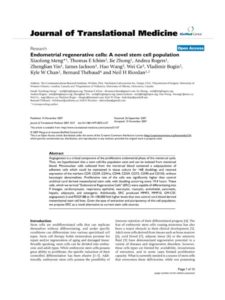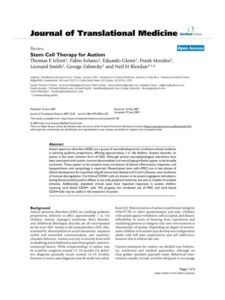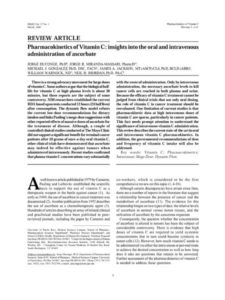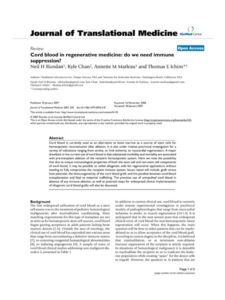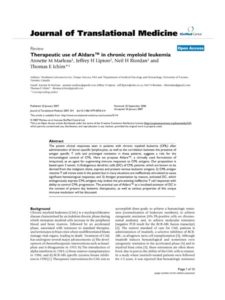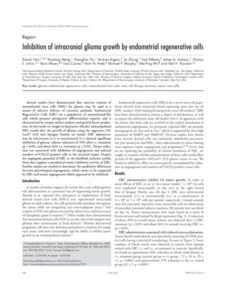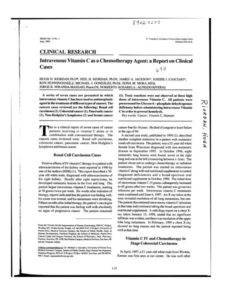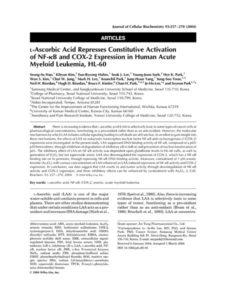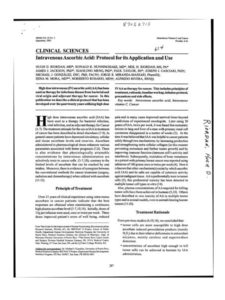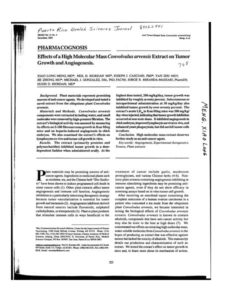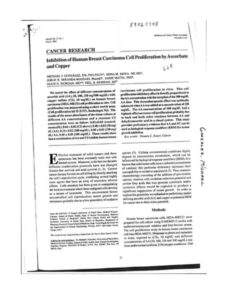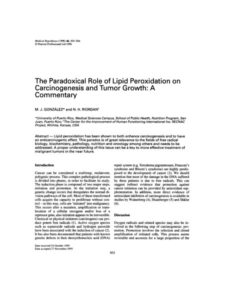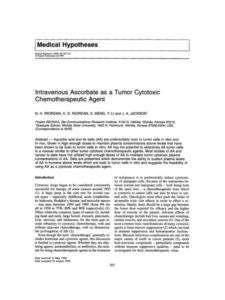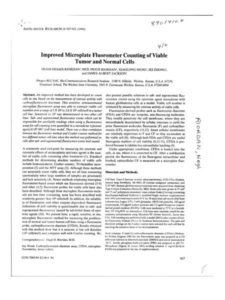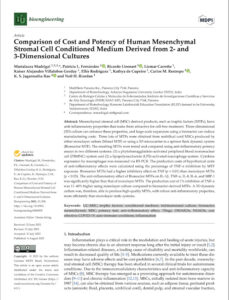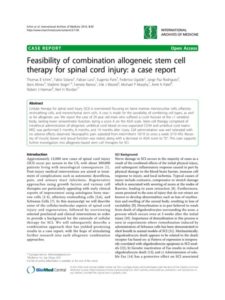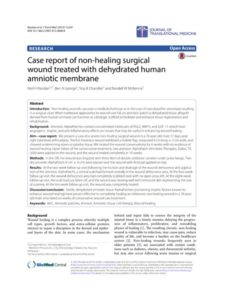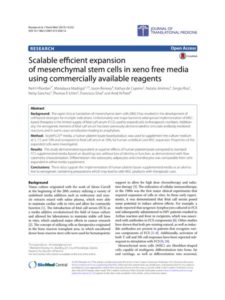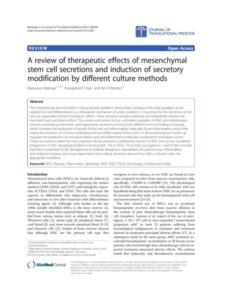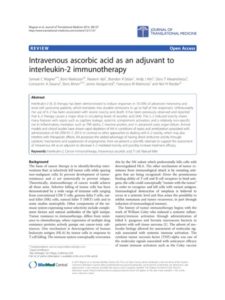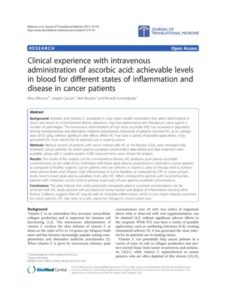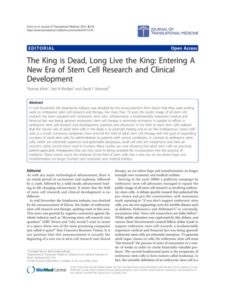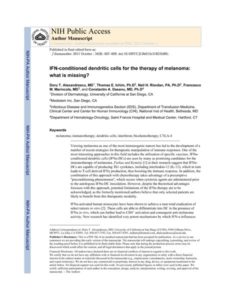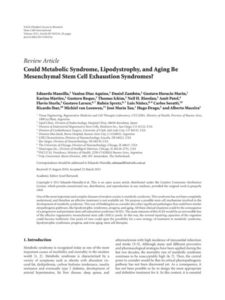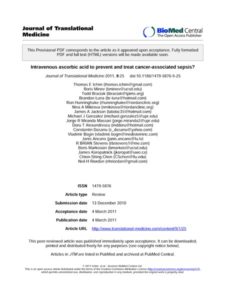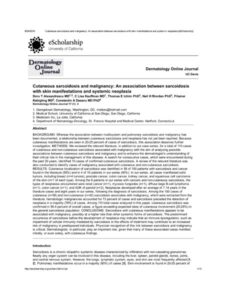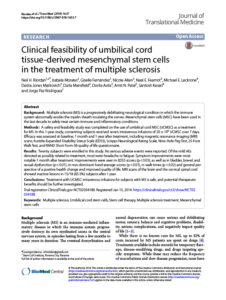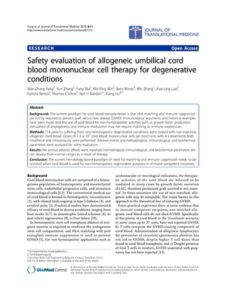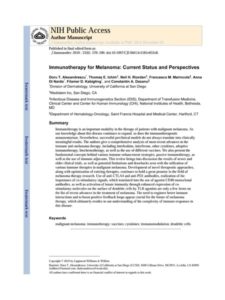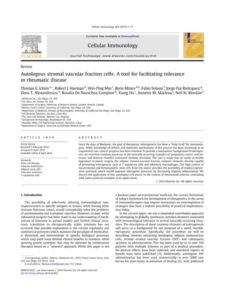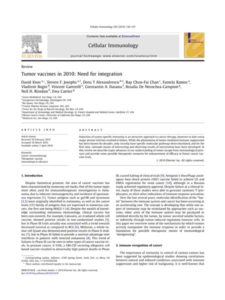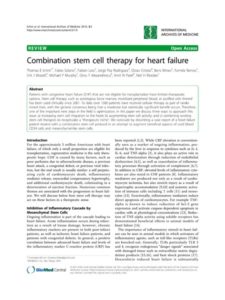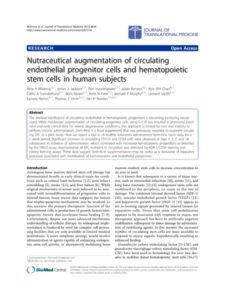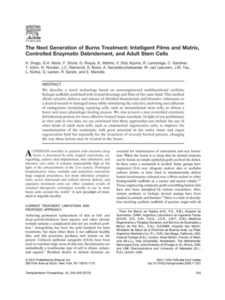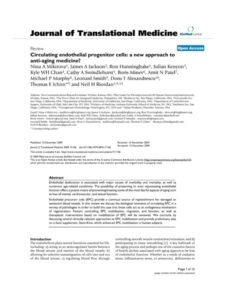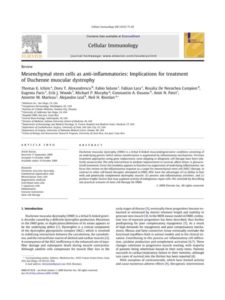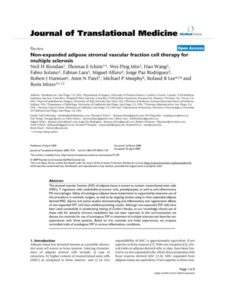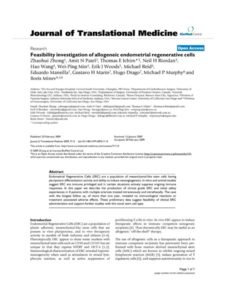Prevention of hyperglycemia-induced myocardial apoptosis by gene silencing of Toll-like receptor-4.
J Transl Med. 2010 Dec 15;8:133.
Zhang Y, Peng T, Zhu H, Zheng X, Zhang X, Jiang N, Cheng X, Lai X, Shunnar A, Singh M, Riordan N, Bogin V, Tong N, Min WP.
Abstract
Background
Apoptosis is an early event involved in cardiomyopathy associated with diabetes mellitus. Toll-like receptor (TLR) signaling triggers cell apoptosis through multiple mechanisms. Up-regulation of TLR4 expression has been shown in diabetic mice. This study aimed to delineate the role of TLR4 in myocardial apoptosis, and to block this process through gene silencing of TLR4 in the myocardia of diabetic mice.
Methods
Diabetes was induced in C57/BL6 mice by the injection of streptozotocin. Diabetic mice were treated with 50 μg of TLR4 siRNA or scrambled siRNA as control. Myocardial apoptosis was determined by TUNEL assay.
Results
After 7 days of hyperglycemia, the level of TLR4 mRNA in myocardial tissue was significantly elevated. Treatment of TLR4 siRNA knocked down gene expression as well as diminished its elevation in diabetic mice. Apoptosis was evident in cardiac tissues of diabetic mice as detected by a TUNEL assay. In contrast, treatment with TLR4 siRNA minimized apoptosis in myocardial tissues. Mechanistically, caspase-3 activation was significantly inhibited in mice that were treated with TLR4 siRNA, but not in mice treated with control siRNA. Additionally, gene silencing of TLR4 resulted in suppression of apoptotic cascades, such as Fas and caspase-3 gene expression. TLR4 deficiency resulted in inhibition of reactive oxygen species (ROS) production and NADPH oxidase activity, suggesting suppression of hyperglycemia-induced apoptosis by TLR4 is associated with attenuation of oxidative stress to the cardiomyocytes.
Conclusions
In summary, we present novel evidence that TLR4 plays a critical role in cardiac apoptosis. This is the first demonstration of the prevention of cardiac apoptosis in diabetic mice through silencing of the TLR4 gene.

